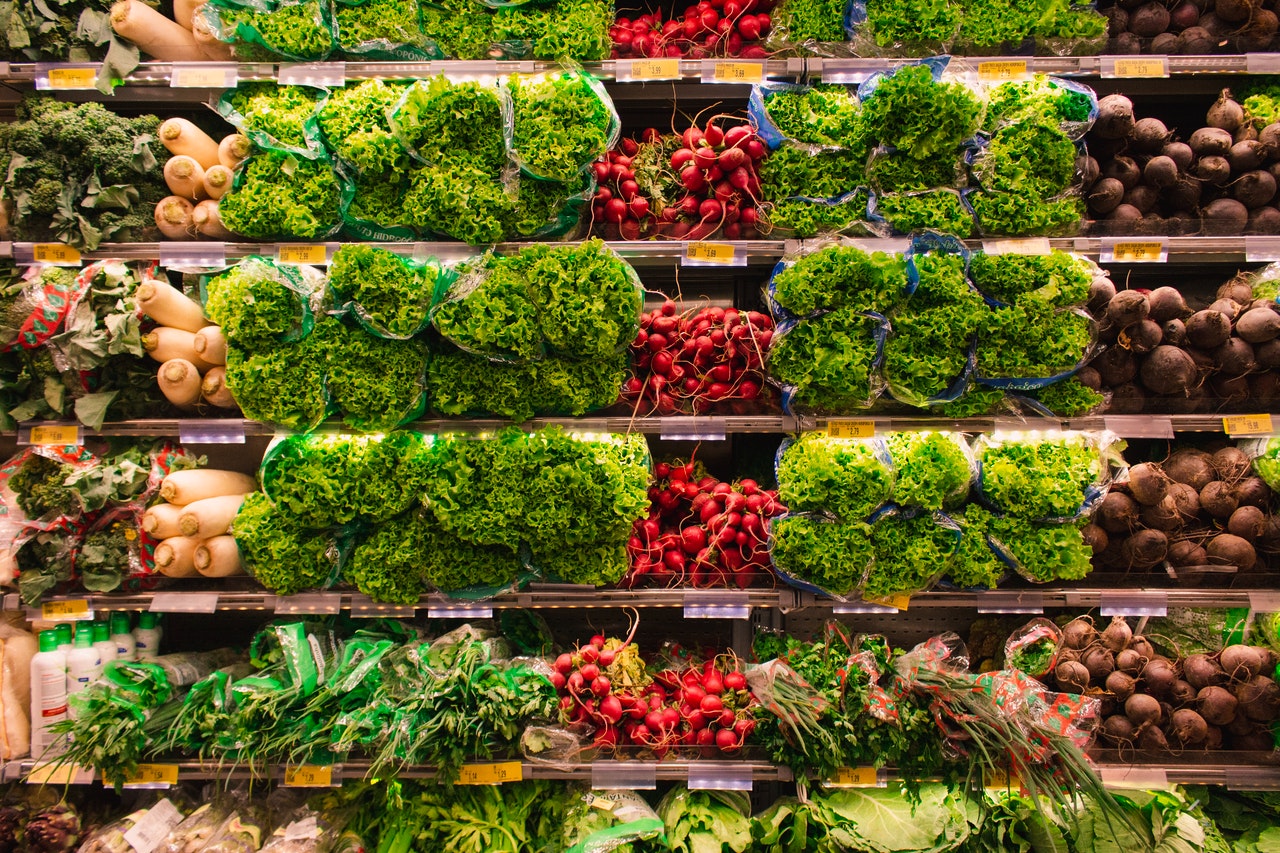As a business owner, knowing when to charge GST or HST may not always be clear. This blog will help to provide clarity on this issue, by reviewing which goods and services are taxable, zero-rated, exempt and out-of-scope. This information will provide guidance to help make sure that you are correctly collecting applicable GST/HST, and calculating the correct input taxes on various goods and services.
Zero-Rated Goods
Zero-rated goods are subject to a GST or HST rate of 0%, but you may be eligible to claim input tax credits for the GST/HST paid or payable on property and services acquired to provide these supplies. Some examples are:
- basic groceries such as milk, bread, and vegetables;
- agricultural products such as grain, raw wool, and dried tobacco leaves;
- most farm livestock;
- most fishery products such as fish for human consumption;
- prescription drugs and drug-dispensing services;
- certain medical devices such as hearing aids and artificial teeth;
- feminine hygiene products;
- exports (most goods and services for which you charge and collect the GST/HST in Canada, are zero-rated when exported); and
- many transportation services where the origin or destination is outside Canada
These goods are not taxed under sales tax because the federal government has chosen not to tax them at the present time. The government retains the option to levy tax on these items in the future. Companies that produce and sell these products can claim input tax credits for the money spent on making them. Governments commonly lower the tax burden on low-income households by zero-rating essential goods, such as food, utilities, and prescription drugs.
Exempt Goods and Services
The taxation of exempt goods and services are similar to zero-rated goods and service in that they are not taxed. The difference between the two is that input tax credits are not allowed for expenditures incurred to make or provide the goods and/or services. Examples of exempt goods include:
- a sale of housing that was last used by an individual as a place of residence (i.e. not a new build);
- long-term rentals of residential accommodation (of one month or more) and residential condominium fees;
- most health, medical, and dental services performed by licensed physicians or dentists for medical reasons;
- child care services, where the primary purpose is to provide care and supervision to children 14 years of age or under for periods of less than 24 hours per day;
- most domestic ferry services;
- legal aid services;
- many educational services such as:
- courses supplied by a vocational school leading to a certificate or a diploma that certifies the ability of individuals to practice or perform a trade or a vocation; or
- tutoring services made to an individual in a course that follows a curriculum designated by a school authority;
- music lessons;
- most services provided by financial institutions such as lending money or operating deposit accounts;
- the issuance of insurance policies by an insurer and the arranging for the issuance of insurance policies by insurance agents;
- most property and services provided by charities and public institutions; and
- certain property and services provided by governments, non-profit organizations, municipalities, and other public service bodies including municipal transit services and standard residential services such as water distribution.
The out-of-scope transaction terminology is not frequently used in practice but it refers to non-business or private transactions. For example, if an HST-registered business provides a person with some help free of cost, this would be considered an out-of-scope supply. These transactions are not part of routine business activities.
Taxable Goods and Services
The remaining category is taxable goods and services, which are subject to GST/HST taxes. The following list contains the major taxable items:
- sales of new housing (certain sales of new housing may be subject to a previous rate of GST/HST)
- sales and rentals of commercial real property
- sales and leases of automobiles
- car repairs
- non-essential groceries, such as soft drinks, candy, and potato chips
- clothing and footwear (note that children’s clothing and footwear is only subject to the federal portion of the HST)
- advertising (unless provided to a non-resident of Canada who is not registered for the GST/HST)
- taxi or commercial ride-sharing services
- legal and accounting services
- franchises
- hotel accommodation
- barber and hairstylist services
Input Tax Credits
It is important to talk about the input credits that relate to these goods and services. As a business owner, you are eligible to claim ITCs only to the extent that your purchases and expenses are for consumption, use, or supply in your commercial activities. To claim an ITC, the expenses or purchases must be reasonable in quality, nature, and cost in relation to the nature of your business. Some examples of expenses that qualify for input tax credits are:
- business start-up costs
- business-use-of-home expenses
- delivery and freight charges
- fuel costs
- legal, accounting, and other professional fees
- maintenance and repairs
- meals and entertainment (allowable part only)
- motor vehicle expenses
- office expenses
- rent
- telephone and utilities
- travel
Contact Edelkoort Smethurst CPAs LLP for Effective GST and HST Advice
The experienced Chartered Professional Accountants at Edelkoort Smethurst CPAs LLP help businesses implement GST and HST strategies to maximize benefits while mitigating obligations. We offer a range of services aimed at helping businesses manage tax requirements and remain in compliance. Contact us today by calling 905-517-2297 or by completing the contact form online.

